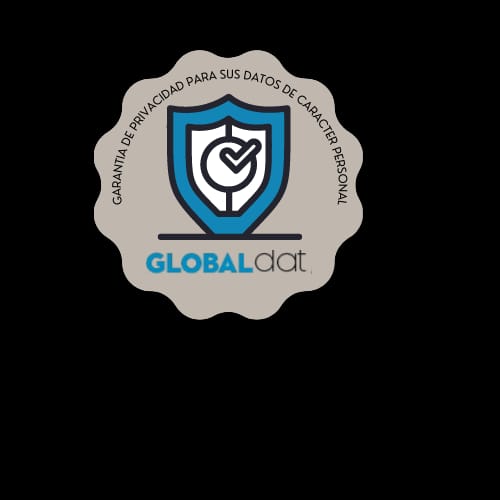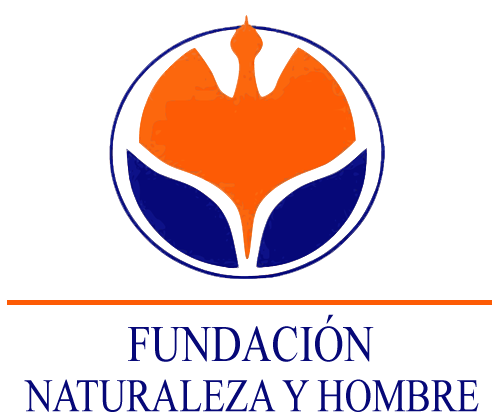WETLANDS
The Mediterranean temporary ponds and livestock ponds form aquatic ecosystems, natural or artificial, throughout the working area. Each farm has several of them. Around them, life is maintained in the pastures. More than a dozen species of amphibians can live in these ponds, if they are properly managed, with communities of living beings being impoverished if they are subjected to over-exploitation and eutrophication. Macrophytes cover the ponds and the black stork uses them whenever it can wade through them. A large part of the biodiversity burst of the pastureland revolves around this environment which maintains water during the dry summers.
OFICINAS CENTRALES FNYH
Dirección: Av. De España Nº 25 Entlo, 39610 El Astillero Cantabria
Tlf: 942 55 91 19 / 679181483
fundacion@fnyh.org
DELEGACIÓN PARA PORTUGAL
Dirección: Rua do Conde de Redondo 8-5º dt 1150-115 Lisboa Tlf: (++351) 919 784 981 crc@erena.pt
CASA DE LA NATURALEZA-MARISMAS DE ALDAY
Dirección: C/ Alday (junto al parking de Valle Real), Maliaño, Cantabria
Tlf: 679 181 472
educacionambiental@fnyh.org
DELEGACIÓN PARA SUDAMÉRICA
Iguazú iguazuconservation@fnyh.org
ECOMUSEO-FLUVIARIUM DE LIÉRGANES
Dirección: C/ Camino Real, 9, 39722 Liérganes, Cantabria
Tlf: 942 52 81 96
fluviarium@fnyh.org
DELEGACIÓN PARA ÁFRICA
Tanzania fundacion@fnyh.org
VIVERO Y CENTRO ETNOBOTÁNICO EL PENDO
Dirección: 39609 Camargo, Cantabria
Tlf: 942 25 88 08
vivero@fnyh.org

ESTACIÓN BIOLÓGICA CAMPANARIOS DE AZABA
Dirección: Camino de La Alamedila, SN 37497 Espeja, Salamanca
Tlf: 923481401
campanarios@fnyh.org
